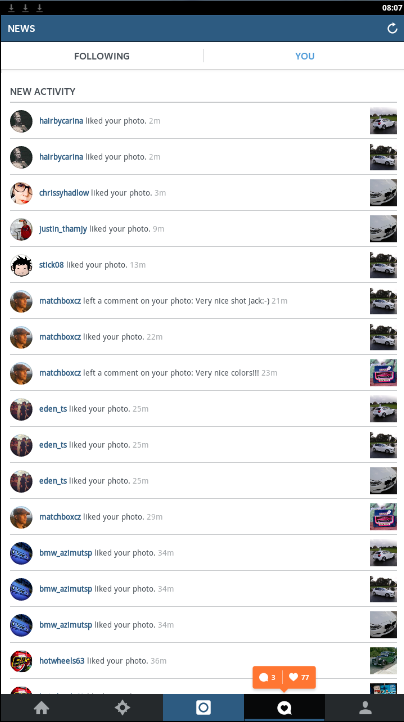 I’ve blogged several times about the bot problem that Facebook has, and this is an issue that runs alongside the click farms that operate on the website.
I’ve blogged several times about the bot problem that Facebook has, and this is an issue that runs alongside the click farms that operate on the website.
One of my groups has over 12,000 members, and it’s a magnet for click farm participants, who target these bigger ones. And when you look through the Facebook users we’ve blocked, they are predominantly based in Morocco, with a smaller number in Algeria and Tunisia.
They’re very obvious, and their purpose is either to spam (one that accidentally got through proceeded to do just that) or to legitimize themselves for when they are asked to like a page for a client. This all makes engagement worse, and it helps the bottom line for Facebook and the click farm companies paying these people a pittance.
When I look through the blocked list, it almost looks like we’ve been racial profiling, although my moderators and I will look through each name to check. Of course we want more members—but we want legitimate ones.
The sad thing is the number of groups, other ones with membership in the tens of thousands, who accept these click farm contractors. They obviously aren’t as strict, but in accepting them, they become accomplices to their deception. They’re nearly as bad as those who accept friend requests from bots—I found one yesterday who had accepted requests from over a dozen bots. You really have to ask: why would you accept people whom you don’t know?
All this is getting to the point where Facebook is just another tiresome site, and if it weren’t for the management of groups, the promotion of some businesses, and keeping in touch with a number of friends, I wouldn’t log on. Over the past week I’ve only irregularly updated my status—I compare this to the heavy use I had on Facebook when Timeline came out. I equated status updates to getting instant gratification, that someone out there cared. You can update all you like these days, but you might hear nowt.
Which is no bad thing as we head into summer. The action, as some predicted long ago, is shifting. Instagram is where that gratification now takes place, at least for me, despite having a third of the numbers following me. Facebook was perhaps wise to acquire it, and while bots are a problem on Instagram, too, presently I encounter fewer of them each day than on Facebook (it wasn’t always this way). Of course some enterprising companies are trying to sell fake likes there, too, but Instagram hasn’t attracted corporate accounts to quite the same degree, yet. Those fake likers aren’t yet hurting engagement, and it certainly wouldn’t surprise me if the site continues to grow.
Social media continue to fragment as we head into 2015. Whatsapp, Snapchat, Wechat and Viber allow for more intimate conversations; Instagram allows one to interact with a newer community. Facebook looks very dull indeed at this point, with its bots and click farms plaguing the entire system, no doubt adding to the company’s less and less credible claim of how many users it has.


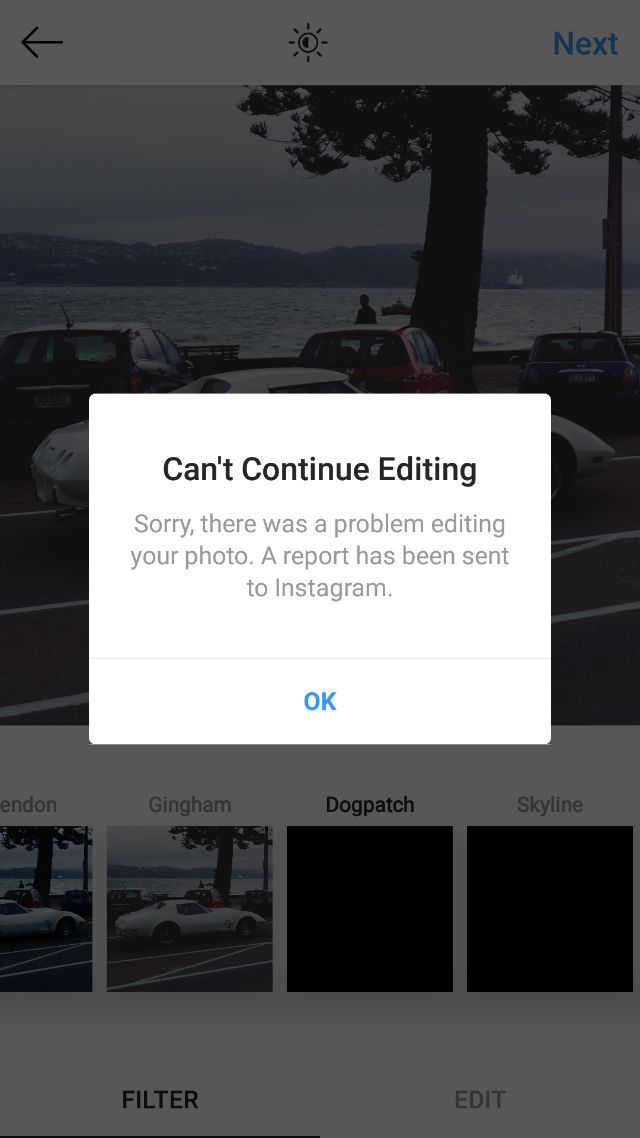
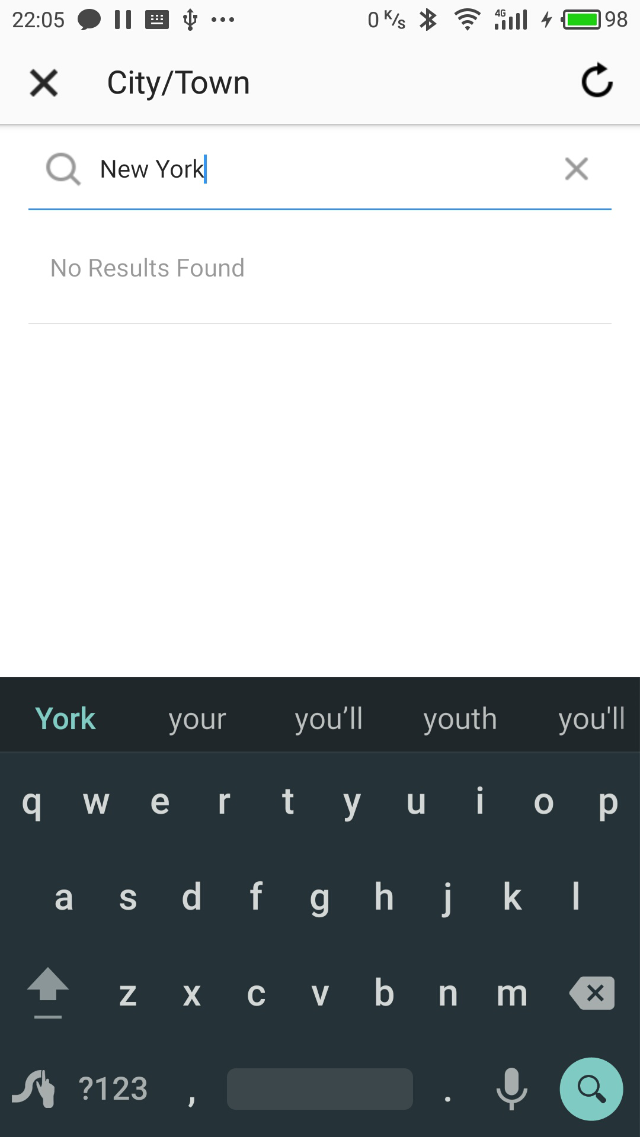
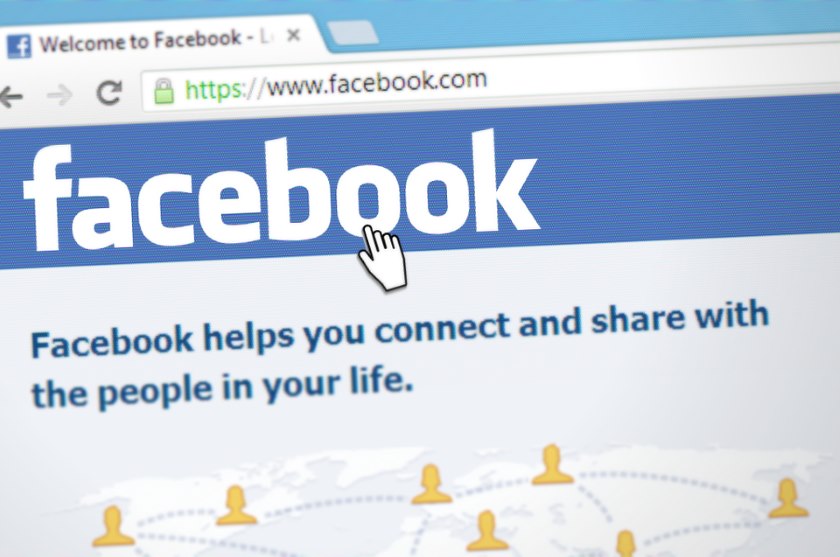
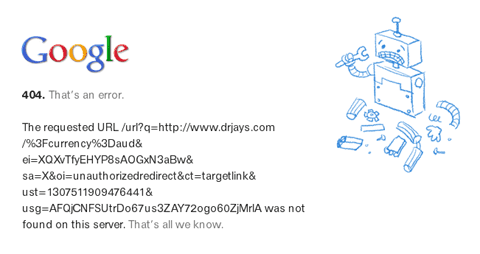

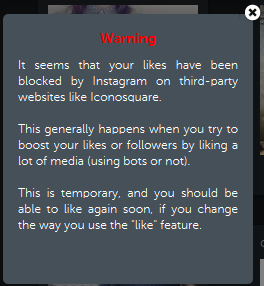
“Social media continue to fragment …”, what does that even mean?
There are different services vying for attention and at this rate, no one site will be able to claim dominance. It’s a term from marketing—where once you could get away with just selling Coke, market fragmentation means you now need Diet Coke, Coke Zero, Cherry Coke, etc. to try to achieve similar numbers. Media fragmentation is where once you just had terrestrial TV channels but their share is declining because of pay TV and satellite channels. When it comes to social media, Facebook—although it was never alone—was the go-to site for marketers, whereas now I think it would be very foolish, more so than before, to put all your eggs into the one basket.